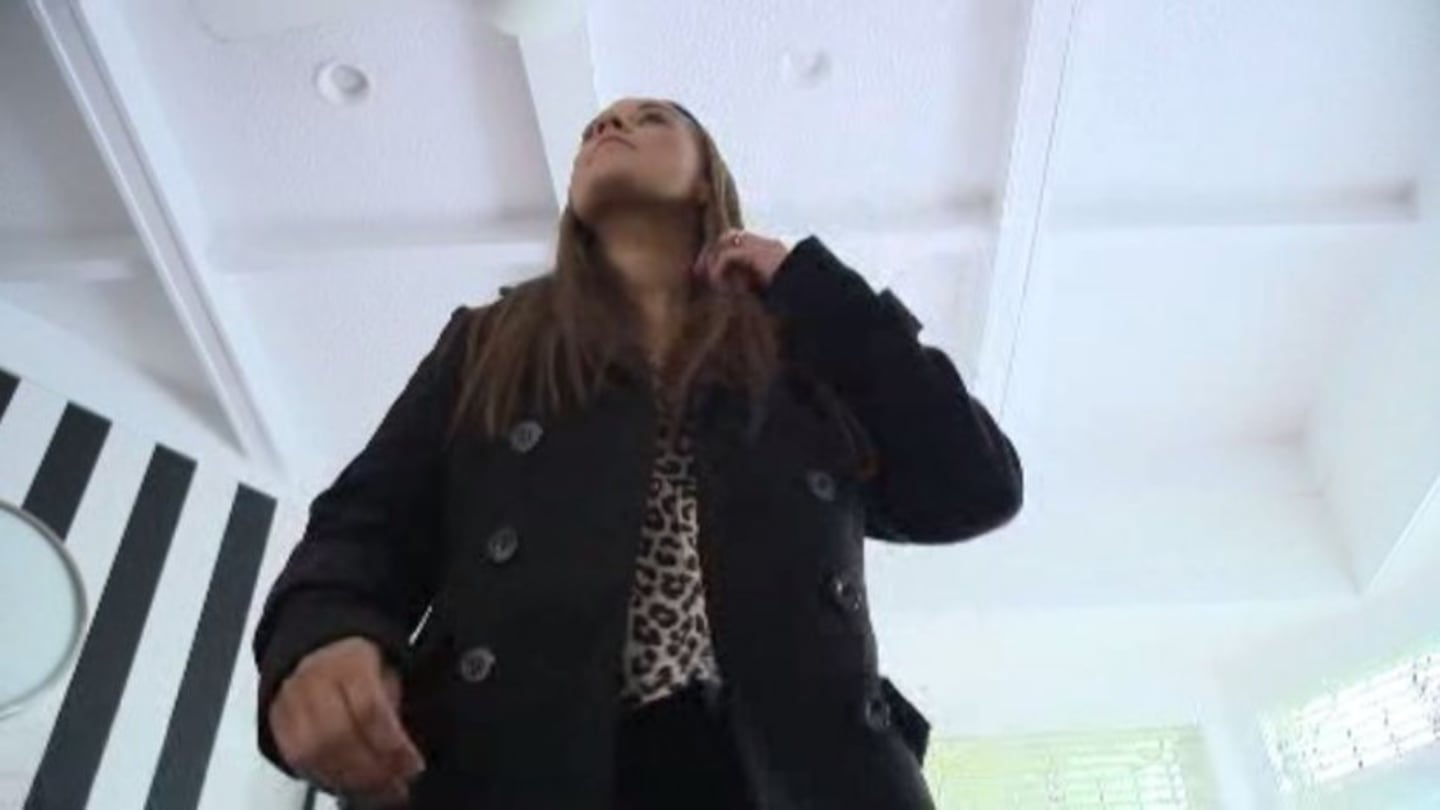Photo / File
The use of facial recognition technology in Aotearoa and its impact on Māori has come under the spotlight this week, after Australia's Choice Magazine found that major retailers Kmart, Bunnings and The Good Guys are using the technology across the Tasman to prevent shoplifting.
Among the concerns in Aotearoa are the risks of unconscious bias and racial profiling of Māori.
AI Forum NZ executive director Madeline Newman told Waatea News on Friday that many Aotearoa retailers are using facial recognition technology here.
"It already is. It's widely used across government and the private sector," Newman said.
"Last year, I think Consumer Magazine came out with an article that named Noel Leeming, The Warehouse and Pak'nSave amongst some others, all of them using facial recognition for loss prevention."
In the Consumer report, The Warehouse Group (which owns The Warehouse and Noel Leeming) actually said it does not "currently use" this technology though it would not confirm whether it had plans to do so.
However, Foodstuffs (owner of Pak’nSave, New World and Four Square) did acknowledge it does use the technology in some North Island stores and has plans to introduce it in the South Island as “a crime prevention measure”.
Newman said facial recognition technology does carry problems of unconscious bias.
"I think if you're talking about unconscious bias, internationally evidence is that using things like facial recognition is not really the best approach, she said.
"In NZ last year, the police trialled a system called Clearview AI and it was a particularly, spectacularly unsuccessful trial. Clearview AI screenscraped three billion images of people from Facebook, TikTok and all those other lovely social media platforms that we all like to use, and the NZ Police found one match.
"So that's not particularly good and traditionally the biases tend to be around age, gender and ethnicity," she said.
Indigenous data specialist Karaitiana Taiuru raised fears of racial profiling of Māori through use of the technology last year, pointing to the US where facial recognition systems have failed to differentiate between Black people.
"Those biases usually happen from the engineers who are normally middle class, white males who design a system based on what they consider to be normal — that's themselves," Taiuru told 1News in May 2021.
"My fear is that we will have the same issues in New Zealand. Will the system differentiate between one Māori male and another Māori male? Will it differentiate between a male with a full face tā moko and another male with a full face tā moko? I don’t believe the system has been trained to do that at this stage,” he said.
“My concern is that we will see more Māori being arrested or being falsely accused than non-Māori, if the Māori are suspected of a crime of say more than two years, we might have more Māori forced to take a DNA sample for the police.
"The psychological issues, I can’t imagine being arrested because an AI system thought I was someone else," Taiuru said.




